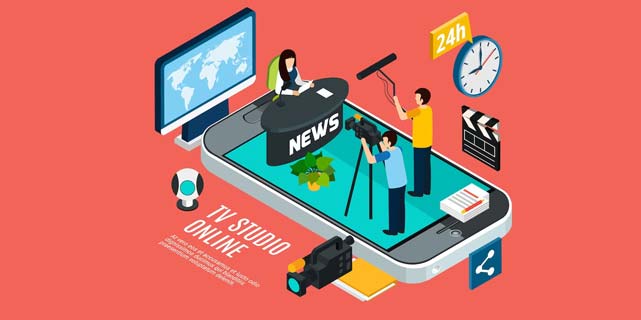- Teacher: Adi KIGS
This module is to distinguish features of the Web, offering new storytelling possibilities. It is without a doubt that with the advancement of new technologies in our daily lives has shaped and changed the way people retrieve and access information. Therefore, it is essential for the future journalists to know the basic elements that build this environment. This module will provide students with the minimum requirements to succeed in this new trend that is becoming more popular in this field of Journalism.

- Teacher: Fatmah Binti Haji Sulaiman
- Teacher: Amalina Azimah Sanny
The objectives of Global Classroom is for students to participate in a 2-week intensive programme that immerses students in the workings of the global market. Choices are to go to Limkokwing campuses in Cyberjaya or London.

- Teacher: Ummi Nazzimah Abd Latif
- Teacher: M Senthil Kumar KIGS
Choosing which media or type of advertising to use can be challenging for small firms with limited budgets. Large-market television and newspapers are often too expensive for a company that services only a small area. Magazines, unless local, usually cover much territory to be cost-efficient for small firm, although some national publications offer regional or city editions. Since the advent of social media, small firms with limited budgets may benefit from using social media advertising as it is cost effective, easy to manage, accurate and offers great return of investment.
Thus, the purpose of a media plan is to determine the best way to convey a message to the target audience. A media plan sets out a systematic process that synchronizes all contributing elements in order to achieve this specific goal. This module therefore offer insights into those elements and how to be precise when planning for which medium to use to communicate with audience the best possible way.

- Teacher: Fatmah Binti Haji Sulaiman

- Teacher: Niqmatullah KIGS
The course is introduced with the purpose to comprehend basic concepts, theories and methodological issues and how the experts have dealt with them. The concepts include research methodology and scientific method, research process, types of research and designs, definition of research problem, research design- exploratory, descriptive and experimental; sampling designs-probability and non-probability procedures; measurement techniques and procedures; data requirement and collection procedures; data processing and analysis- types analysis, objectives of analysis and techniques; statistical inferences; testing of hypotheses; ICT in research; research proposal; interpretation and report writing; communicating research results.